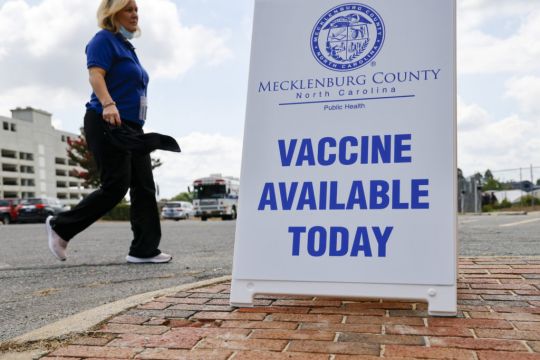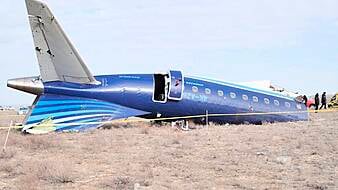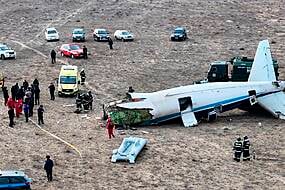The number of monkeypox cases reported globally dropped by 21 per cent in the last week, reversing a month-long trend of rising infections, according to the World Health Organisation (WHO).
The UN health agency reported 5,907 new weekly cases and said two countries, Iran and Indonesia, reported their first cases. To date, more than 45,000 cases have been reported in 98 countries since late April.
Cases in the Americas accounted for 60 per cent of cases in the past month, WHO said, while cases in Europe comprised about 38 per cent. It said infections in the Americas showed “a continuing steep rise”.
In early July, just weeks before the agency declared the international spread of the disease to be a global emergency, WHO’s Europe director said countries in the region were responsible for 90 per cent of all laboratory confirmed cases of monkeypox.
British health authorities said last week after seeing a decline in the number of new cases getting reported daily that there were “early signs” the country’s monkeypox outbreak was slowing.
Monkeypox has been endemic in parts of Africa for decades and experts suspect the outbreaks in Europe and North America were triggered after the disease started spreading via sex at two raves in Spain and Belgium.
WHO’s latest report said 98 per cent of cases are in men and of those who reported sexual orientation, 96 per cent are in men who have sex with men.
“Of all reported types of transmission, a sexual encounter was reported most commonly,” WHO said. “The majority of cases were likely exposed in a party with sexual contacts,” the agency said.
Among the monkeypox cases in which the HIV status of patients was known, 45 per cent were infected with HIV.
WHO has recommended that men at high risk of the disease temporarily consider reducing their number of sex partners or refrain from group or anonymous sex.
Monkeypox typically requires skin-to-skin or skin-to-mouth contact with an infected patient’s lesions to spread. People can also become infected through contact with the clothing or bedsheets of someone who has monkeypox lesions.
With globally limited vaccine supplies, authorities in the US, Europe and the UK have all begun rationing doses to stretch supplies by up to five times.
WHO has advised countries that have vaccines to prioritise immunisation for those at high risk of the disease, including gay and bisexual men with multiple sex partners, and for health workers, laboratory staff and outbreak responders.
While Africa has reported the most suspected deaths from monkeypox, the continent has no vaccine supplies apart from a very small stock being tested in a research study in Congo.
“As we know, the situation with monkeypox vaccine access is very topical, but there are not enough doses of vaccines,” Nigeria Centre for Disease Control Director-General Ifedayo Adetifa said.
“Potentially, a lot more more doses will become available, but because of challenges with manufacturing factories and unexpected uptick in monkeypox cases, the vaccine may actually not be available until 2023.”







